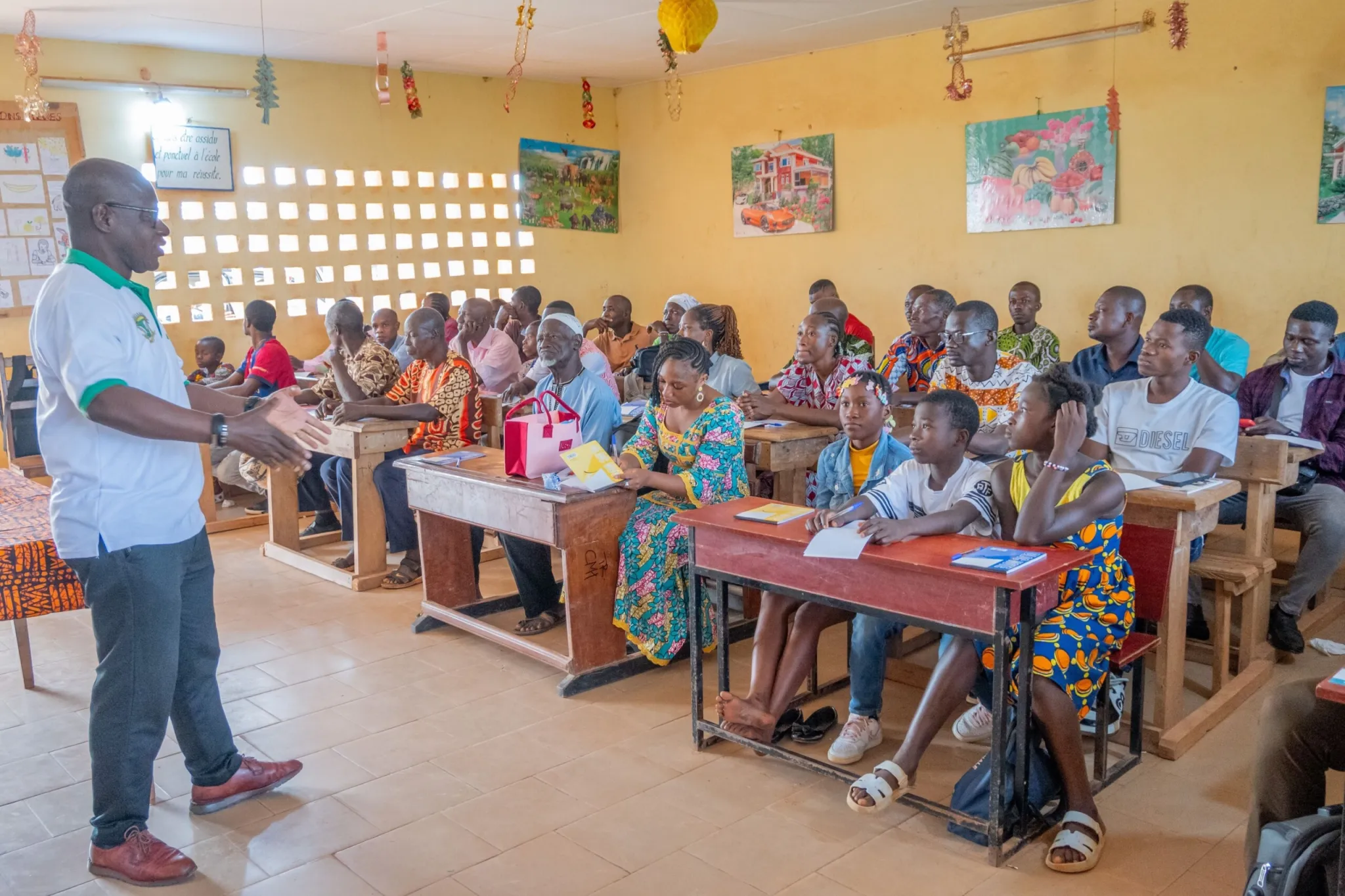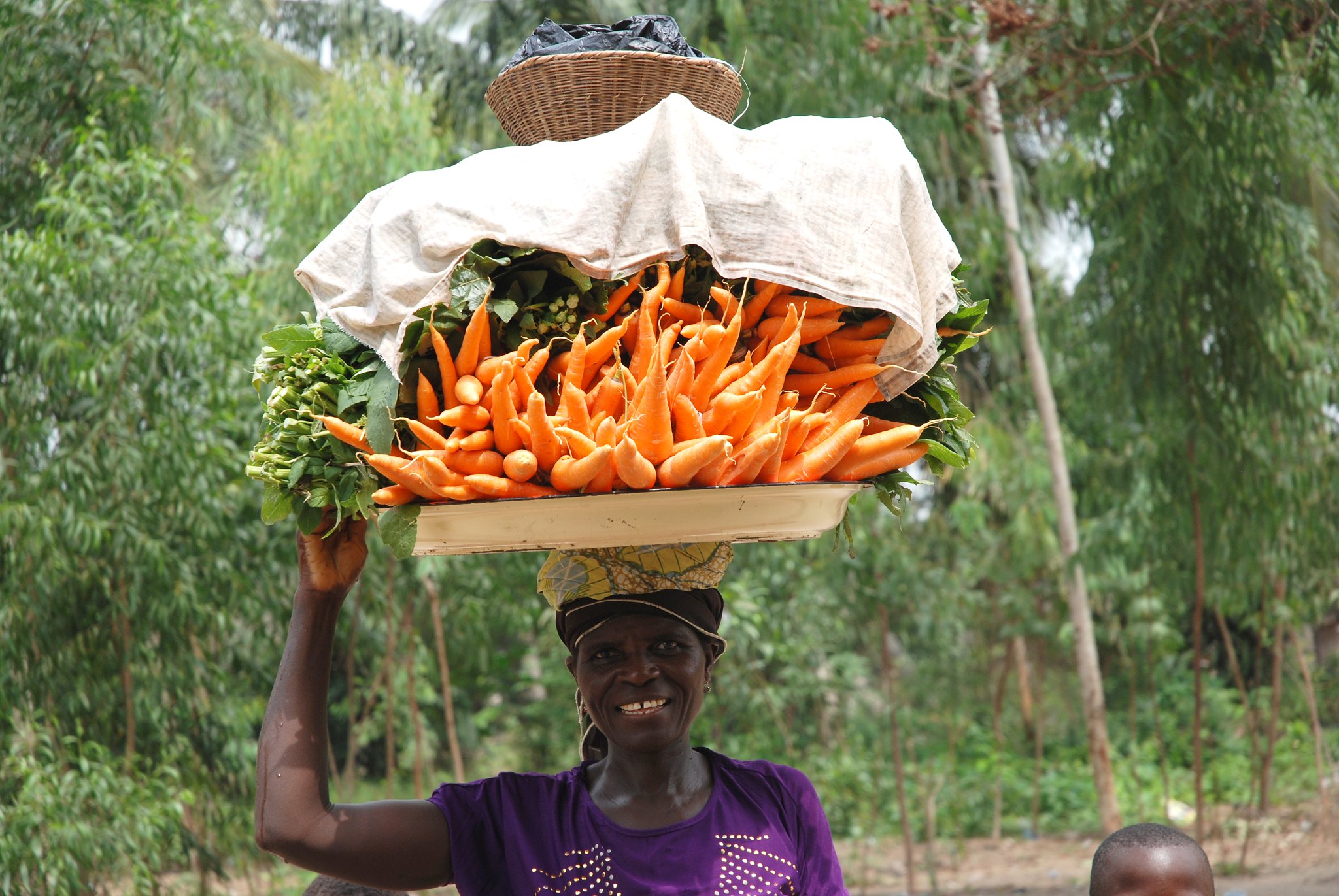by Charry Lee
This blog is part of the Africa Policymaker Forum blog series. The Africa Policymaker Forum is a joint community of practice launched by the Education Commission and the Association for the Development of Education in Africa (ADEA) to discuss delivery challenges and strategies for addressing them to improve education service delivery across Africa. The policymakers from across the continent gather on a bi-monthly basis.
This blog is part of the Africa Policymaker Forum blog series. The Africa Policymaker Forum is a joint community of practice launched by the Education Commission and the Association for the Development of Education in Africa (ADEA) to discuss delivery challenges and strategies for addressing them to improve education service delivery across Africa. The policymakers from across the continent gather on a bi-monthly basis.
At the end of September, the DeliverEd Initiative hosted the third session of the bi-monthly African Policymaker Forum on Delivery Approaches and COVID-19 Response. During the past sessions, representatives from education ministries across Africa shared key challenges they were facing including delivering education remotely, sacrificing longer-term priorities to focus on immediate needs, and prioritizing with limited resources. (Read more about the first and second session here)
The third forum included policymakers from Angola, Democratic Republic of the Congo, the Gambia, Kenya, Rwanda, and Nigeria. Three country representatives from the Gambia, Kenya, and Rwanda shared their experiences and perspectives on strengthening data management systems and their importance in making sensible policies. A representative from the Knowledge and Innovation Exchange (KIX) Observatory on COVID-19 Education Responses shared research findings and recommendations from their school reopening report.
Presentations from country representatives
Research findings and recommendations from the school reopening report by the Knowledge and Innovation Exchange (KIX) Observatory on COVID-19 Education Responses included:
- In consultation with key local education groups, frameworks for decision-making were developed and 90% of GPE countries used back-to-school campaigns to enforce school return through stakeholder messaging, promotion of school feeding programs, lifting restrictive policies, and stringent guidelines to stop fee increases. School reopening was conditional on evidence that WASH and vaccination health protocols were being followed. Forty-eight percent of 23 African GPE countries adapted their classroom set-up to accommodate physical distancing and COVID prevention methods.
- The report recommends strengthening contingency planning to better respond to future disruptions and flexible and inclusive strategies for the most vulnerable learners. Teachers need additional support to ensure their health and safety. Fostering collaboration among schools to ensure low-fee private schools are available and expanding or opening new public schools to address the issue of overcrowding and supporting infrastructures to adhere to public health protocols were also suggested.
- The vital lesson learned from the process of developing COVID-19 responses to school closures is to institute a culture of contingency planning to respond to education disruptions and keep plans up-to-date with emerging research.
- The Gambia shared their experiences in implementing their education management information system (EMIS) and stressed the importance of all stakeholders’ ability to use EMIS data and the best balance of “carrots and sticks” to promote EMIS uptake. In addition, peer review from neighboring countries helped boost morale of different ministries and provided increased visibility of EMIS.
- Kenya highlighted that the priority of its Ministry of Education was the well-being of learners. With a three-pronged approach, the Ministry ensured learning through digital and expanded access to radio, television, and textbooks; improved WASH infrastructure; and adopted a blended approach to teaching, parental support, and the Ministry of Health’s improvement.
- Rwanda adopted a School Data Management System (SDMS) two years ago to enable a web-based database and to avoid duplicate and multiple requests for local entities. The SDMS improved data quality by recording individual information and facilitating monitoring, especially for students dropping out or falling behind. The challenges are insufficient devices, the need for continuous training on how to effectively use the system, lack of data collected during school closures, and inaccessible curated contents. Future EMIS improvements include assessment of the impact of COVID-19 on learning and teaching methodologies, integrating EMIS and information from all levels of education, and enhancing existing management information systems., and during Ppost-covid, increased details on isolation rooms, WASH facilities, and student facilities ratios should be collected.
Moderated workshop and discussion
Zimbabwe’s former Minister of Education H.E. Dr. Dzingai Mutumbuka stressed that Africa has what it takes to address COVID-19 and its effect on the economy and education sector budgets.
- By linking students with a unique ID system, EMIS is able to assess, identify, and track students at risk of falling behind or dropping out of school and provide remedial lessons so they can put students back on track. Diagnostic approaches and remedial measures can be used by countries.
- Rwanda used comprehensive assessments and examinations to gauge students’ learning levels to provide remedial education; Nigeria’s interventions included free cellular airtime to students, access to offline materials, platforms with learning materials, and a national response plan that reopened schools as the economy gradually reopened.
- Sharing data records between sectors can encourage cross-sectoral collaboration to achieve SDG 4. This strategy can help address the issue of out-of-school children and foster support from the health sector.
The forum provided a space for country policymakers to share their tested strategies and solutions and provided another rich dialogue and opportunity to learn from one another. We look forward to the continued growth of this community of practice to exchange experiences and knowledge on evidence-based decision-making and delivery approaches.
To stay updated on DeliverEd’s latest activities and publications, follow the Education Commission on Twitter or LinkedIn, and sign up for our quarterly newsletter.


